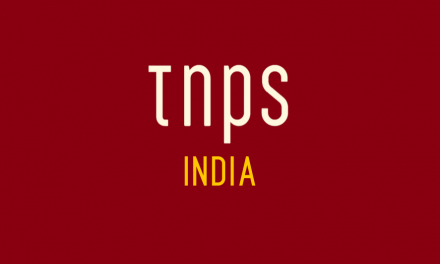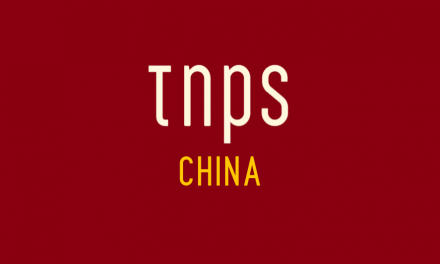With visitors averaging 120,000 a day the Pakistan Publishers and Booksellers’ Association (PPBA) is understandably happy with the turnout for the 14th Karachi International Book Fair, equaling the 2017 record of 0.6 million.
And next year promises to be bigger still. PPBA Chairman Aziz Khalid, announcing the dates for 2019 (December 5-9 – this year’s even had run a little later than usual thanks to the Ideas Exhibition) said that representation from all four provinces will be ensured next year, adding,
We try to bring the people working on books, literature and national languages under one roof.
Via Pakistan’s Tribune.
Talking to the media after the event Federal Information Technology Minister Khalid Maqbool Siddiqui lauded the enthusiasm for books in the country, but seemed to be echoing a well-trodden but discredited western theme when he said that the fair showed people still loved “traditional books” and that,
Although digital books are available in today’s era the significance of physical manuscripts still remains.
While that’s certainly true, the danger is this becomes an either/or option – a sentiment that has cropped up frequently in Pakistan where digital reading is in some quarters seen as inferior to reading a printed book, and something not to be encouraged.
That’s understandable coming from publishers with a vested interest in printed books, especially in a country like Pakistan where there are no national ebook retailers, but a little worrying coming from the minister responsible for information technology.
There are two elements here that the Pakistan IT Minister and the Pakistan publishers should be addressing.
First, that reading is not a format-dependent concept. A book is a book whether it is read on paper or on a screen or listened to as digital audio. As IT Minister, Siddiqui should know better than most how digital can transform the economy by making learning and reading more readily available to those that need it.
Second, publishers should not see digital as a threat to their business and revenue model, but rather as a way to expand their business, reaching more readers both at home and abroad, and breathing life into their backlist.
Put simply, printed books, wonderful as they are, face distribution and cost issues that mean they only ever reach a fraction of the people who might read them if they were readily available at more affordable prices and in multiple formats..
With a population of 200 million, Pakistan’s publishing sector ought to be thriving, and as book fairs like Karachi and Lahore show, when books are made available with a discount there is huge demand.
But as explored here at TNPS in September,
While other (Pakistani) publishers are seeing sales fall, the National Book Foundation is doing just fine.
While perhaps not comparable to the First World western markets, the government-owned National Book Foundation in 2017 sold books to the value of 300 million rupees ($2.4 million).
Since Dr Inamul Haq Javed took charge of the NBF a few years ago he has overseen rapid growth in sales, observing an affordable price policy to encourage reading in the country.
Pakistan’s publishers, rather than asking the government for help to combat falling book sales, might want to take a look in the mirror and ask why 600,000 booklovers will turn out to a five day book fair in Karachi but are not buying books nationally from bookstores (except the aforementioned National Book Foundation).
With pretty much every adult in the country owning a mobile phone that could be used to buy and read books, the traditional excuses for poor sales (limited choice of expensive books in a limited number of bookstores) simply do not stand up to scrutiny.
Okay, so Pakistan’s internet penetration is only at 22%, which at first glance might seem to justify publishers’ indifference to the digital potential.
But hold on, that 22% equates to 44 million people online in Pakistan. That’s more internet users than Spain. That’s twice as many internet users as Australia. Both of which have thriving ebook sectors.
Or think of it this way. At just 31% internet penetration, Pakistan will have as many people online as the UK, putting it in the top twenty countries on the planet by internet users.. At 40% penetration Pakistan will be equal to Germany with 79 million online, and at just 41% will leap Germany into the top ten countries by internet users.
That’s an enormous amount of potential reader reach being disregarded.
The absence of any major ebook retailers of course makes digitisation in Pakistan a chicken and egg problem. There is little incentive to digitise books when there are so few outlets that sell ebooks, but there are so few ebook outlets because there are not enough books being digitised to justify the investment.
Pakistan publishers and the Pakistan government would do well to embrace digital as a complimentary format, not see it as a threat to the format status quo, and ask themselves how many more books they might sell if they gave Pakistan booklovers options





Novel Price in Pakistan is quite cheap and you can find very nice books for sum very nice amounts.